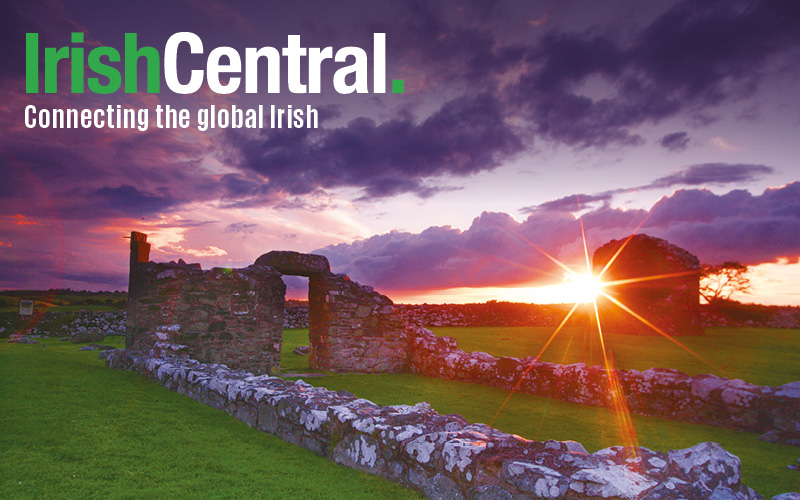As virtually everyone who has played it more than once or twice would readily agree, golf, perhaps more than any other sport, can both exhilarate and infuriate. Owing largely to the former capacity, many of us golfers have to admit to being completely, and actually rather scarily, addicted to playing it at some point.
Of course, satisfying the addiction requires plenty of leisure time, a precious and rare commodity for the vast majority of golfers who are neither in their youth nor in retirement. My nearly two year old namesake has done an excellent job of conspiring to keep his father off the golf course since he was born. The only means of quenching my thirst for the game as of late has been to watch the professionals make it look easy on television.
Avid golf watchers are joined this weekend by millions of other, more casual observers. The 40th edition of the biennial Ryder Cup, pitting Team USA against Team Europe, is underway in Scotland. Unlike most competitions, which feature individual golfers playing against one another with millions of dollars or euro at stake, the Ryder Cup is a team affair and pride, not money, is on the line.
Team Europe has dominated the Ryder Cup in this century and the Europeans are the red hot favourites to prevail again this time. The transatlantic rivalry has always been spirited and, at times over the years, heated. It has provoked strong emotions and inflamed passions of participants and fans on both sides.
For some, this is inappropriate, even shameful, in a sporting context. By way of example, in an overwrought Irish Times column this week, Eamonn McCann writes that the “Ryder Cup is a manufactured event, reflecting no aspect of actually-lived reality. The patriotism that blights America and can bring it together in toxic euphoria finds an equivalent in Europe, not in any sense of emotional commitment to the entity, but only in the contradictory form of competing nationalisms.”
McCann also references the facts that a member of Team USA yelled “let’s go kill them” in 1999 after hearing a rallying speech from then-President George W. Bush and that Bruce Springsteen’s anthemic “Born in the USA” was played loudly in the clubhouse during the 1989 Ryder Cup.
The concluding tenor of the column is more indifferent than critical. Nonetheless, it is still off the mark and does not come close to capturing the occasions I’ve spent watching the Ryder Cup back in my native Boston and here in Ireland. The fans on both sides are not faking their sentiments or their patriotism. The players, as controversial happenings over the years manifest, aren’t faking it either. And what’s wrong with that? Short of violence, isn’t it wonderful to watch athletes compete for the love of their continent and culture instead of the almighty buck? And when it’s over, we all – well, most all – remain friends. So long as it remains at this level, there’s nothing wrong with the Ryder Cup being a celebration of identity.
Even at this level, however, the matter of identity can get complicated for emigrants. David Feherty, a native of Co. Down who had a successful career as a professional golfer and was a member of Team Europe in 1991, is a case in point. Feherty has lived in Texas for a number of years and is a well-known golf commentator and television personality. He became an American citizen several years ago. Ever since then, and to the chagrin of European golf fans, he has supported Team USA in the Ryder Cup.
Having moved between the same places in the opposite direction, mine is a very different view. I love this country, where I have lived for thirteen years now, as much as I love the USA. I am incredibly proud of my west of Ireland roots. I am an Irish citizen. The personal relationships and professional opportunities afforded me by Ireland have been extraordinary and I will forever be grateful.
But I couldn’t imagine supporting Team Europe, or any other team, against the country of my birth. The heartfelt gratitude I feel pales in comparison to the innate sense of identification I have with where I was born, raised and educated. Whether or not this is the nationalism that is increasingly condemned as dangerous and outmoded by a growing chorus of commentators, experience tells me that I am far from alone and that nationalism is typically harmless in sport. Accordingly, while I accept David Feherty’s support for his adopted country and would never call him a traitor (as some have), I can’t fathom it.
In the past, my stock response to questioners here about the Ryder Cup has been that, equally, I hope Team USA wins and the Irish contingent performs well. In 2014, given that Dublin and Donegal’s Paul McGinley is captaining Team Europe, this diplomatic tactic just doesn’t work as well. This weekend, I really am the “enemy” within. I don’t care. In the “belly of the beast” and in the face of my Irish family and friends, I’m shouting for Team USA all the way. Against an absolutely superb Team Europe, they need all the help they can get.




Comments